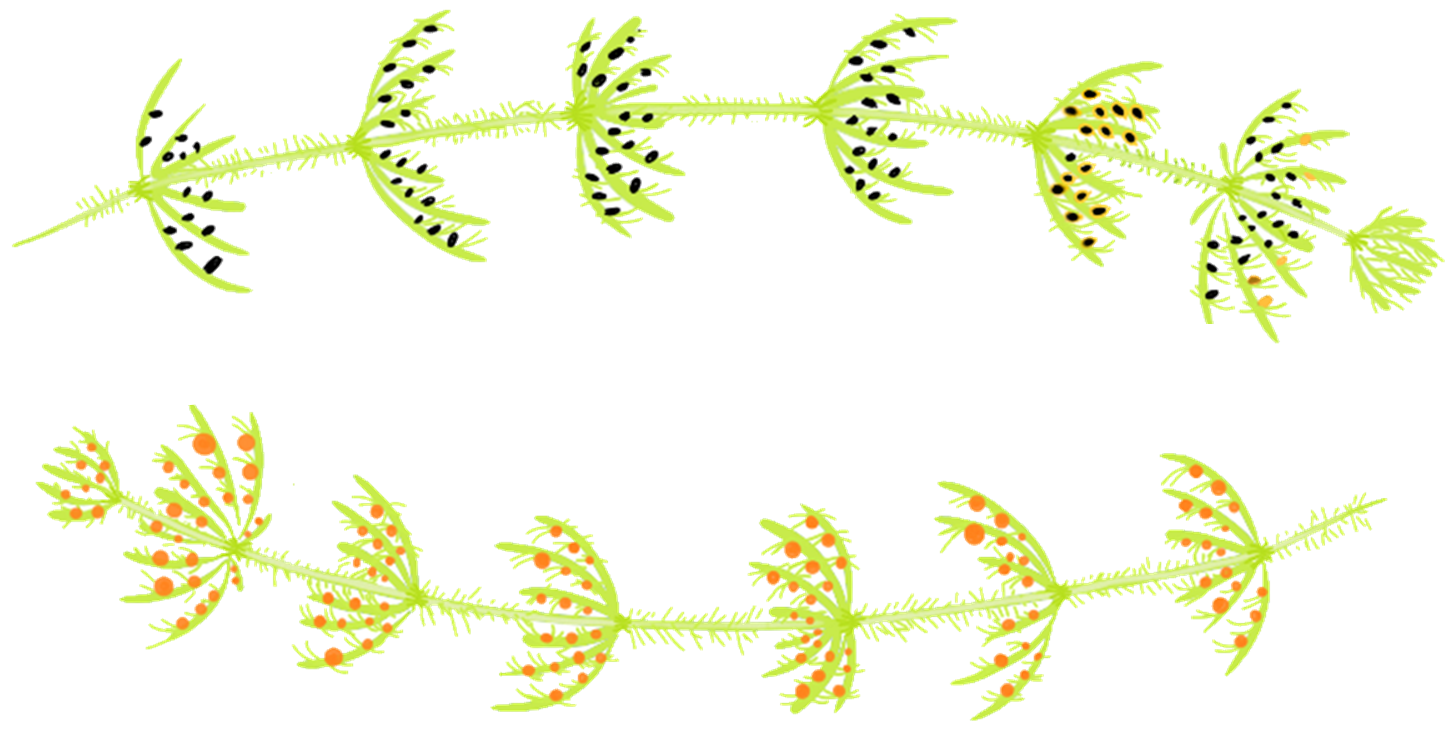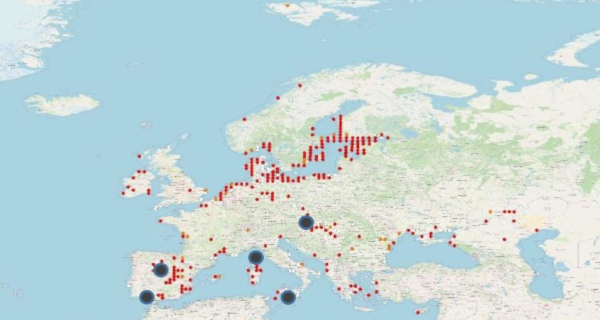

ProPartS
Developing strategies for the protection of taxa consisting of interconnected sexual and parthenogenetic reproducing strains
The general topic
The loss of genetic diversity is considered a key element in entering the extinction vortex. Shrinking population size reduces the number of genetic variants available to cope with changes in habitat conditions. Together with other factors such as genetic drift, this loss progressively decreases the fitness of any given species. This is especially true for asexually reproducing species, where recombination of traits is limited to the genetic variability of a single parent. The conservation of genetic diversity is thus a central element of conservation concepts. In species where asexual and sexual populations occur, it is important to assess genetic diversity and genetic structure to identify priority conservation areas.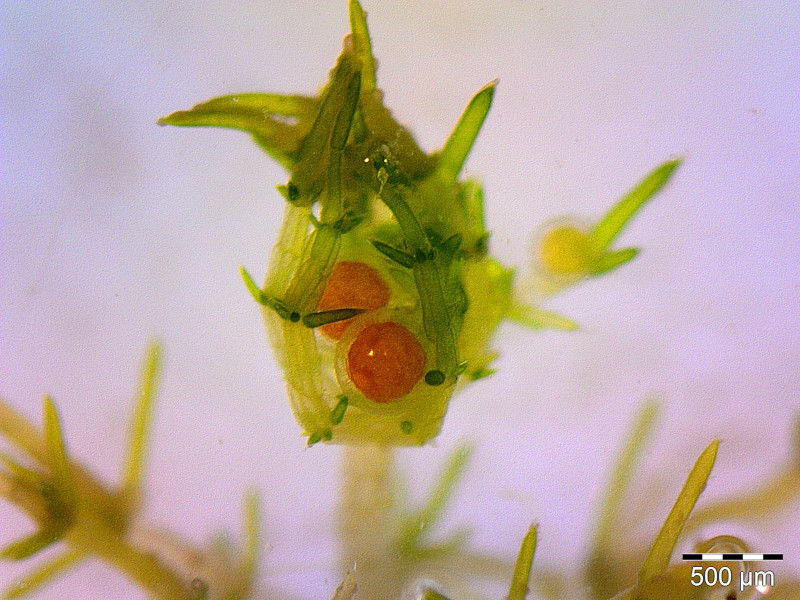
Great news from Sechsmahdlacke!
Chara canescens germinated at the ICBiBE's lab (University of Valencia) from sediment samples taken at the historic site of Sechsmahdlacke. Unexpectedly, one lab-grown individual developed male reproductive organs — the first recorded evidence of sexual reproduction at this location. This finding fills a gap left by earlier surveys and confirms the site's suitability for sexual populations, as suggested by the measurement of water parameters.
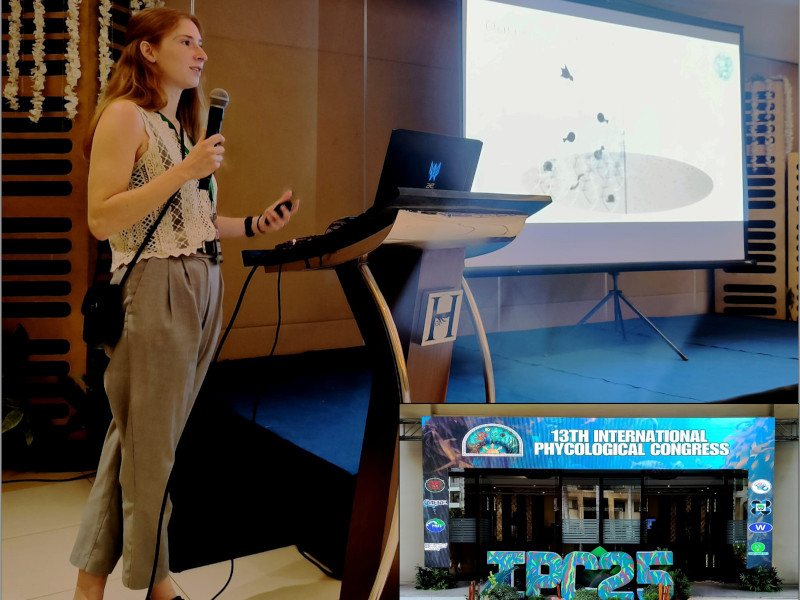
International Dissemination – IPC2025
The 13th International Phycological Congress took place from June 8 to 13, 2025, on the Philippine island of Bohol. The ProPartS project was presented in a scientific talk, which prompted particularly lively exchange on the geographic distribution of Chara canescens and its microbial interactions.
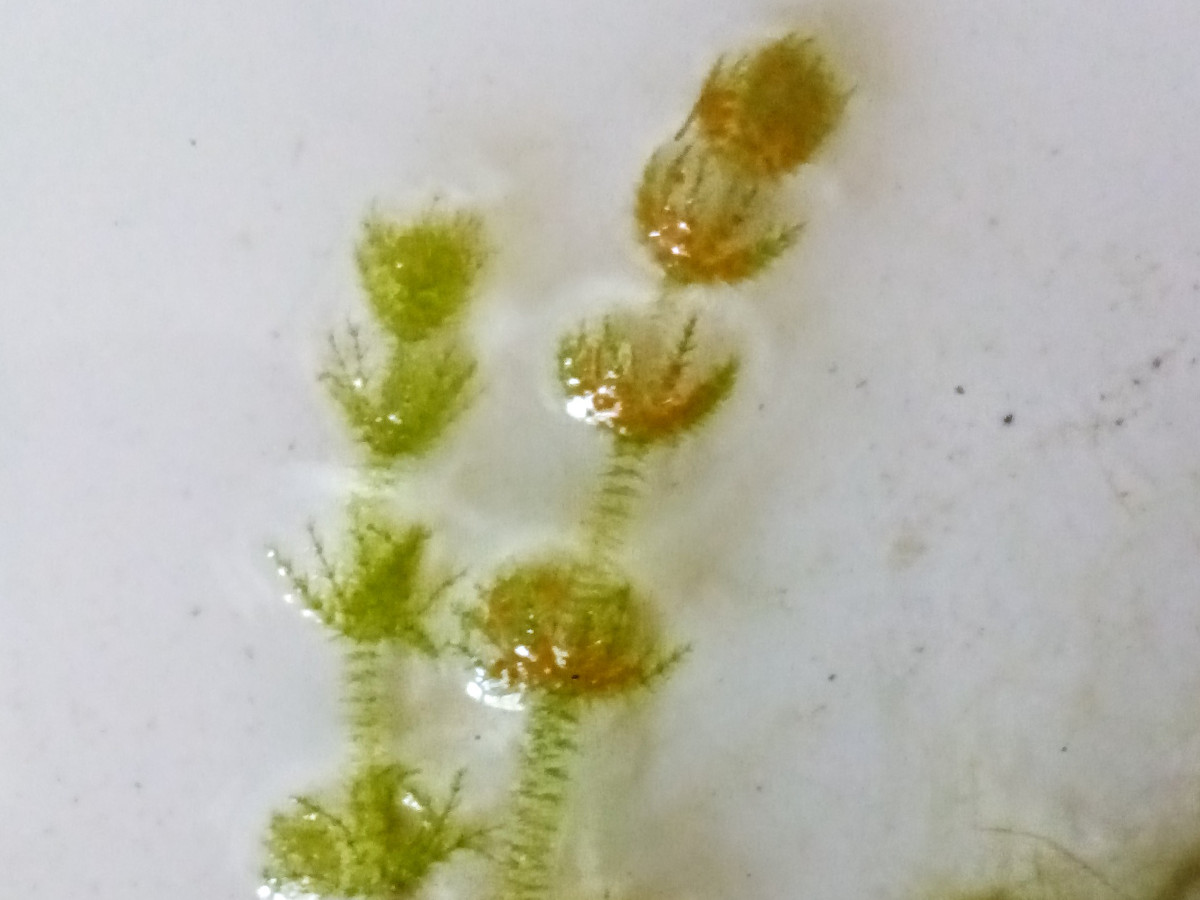
Sampling campaign in Southern France and Corsica
During fieldwork in Southern France and Corsica, Chara canescens populations were reassessed. At Vic-la-Gardiole, it was confirmed that no male individuals of C. canescens exist there anymore. Corsica's sexual population was rediscovered, heavily overgrown with filamentous green algae. A parthenogenetic population about 50 km away was also located. Although the individuals were very small, they showed rich fertility and will provide a valuable addition to forthcoming population genetic analyses.
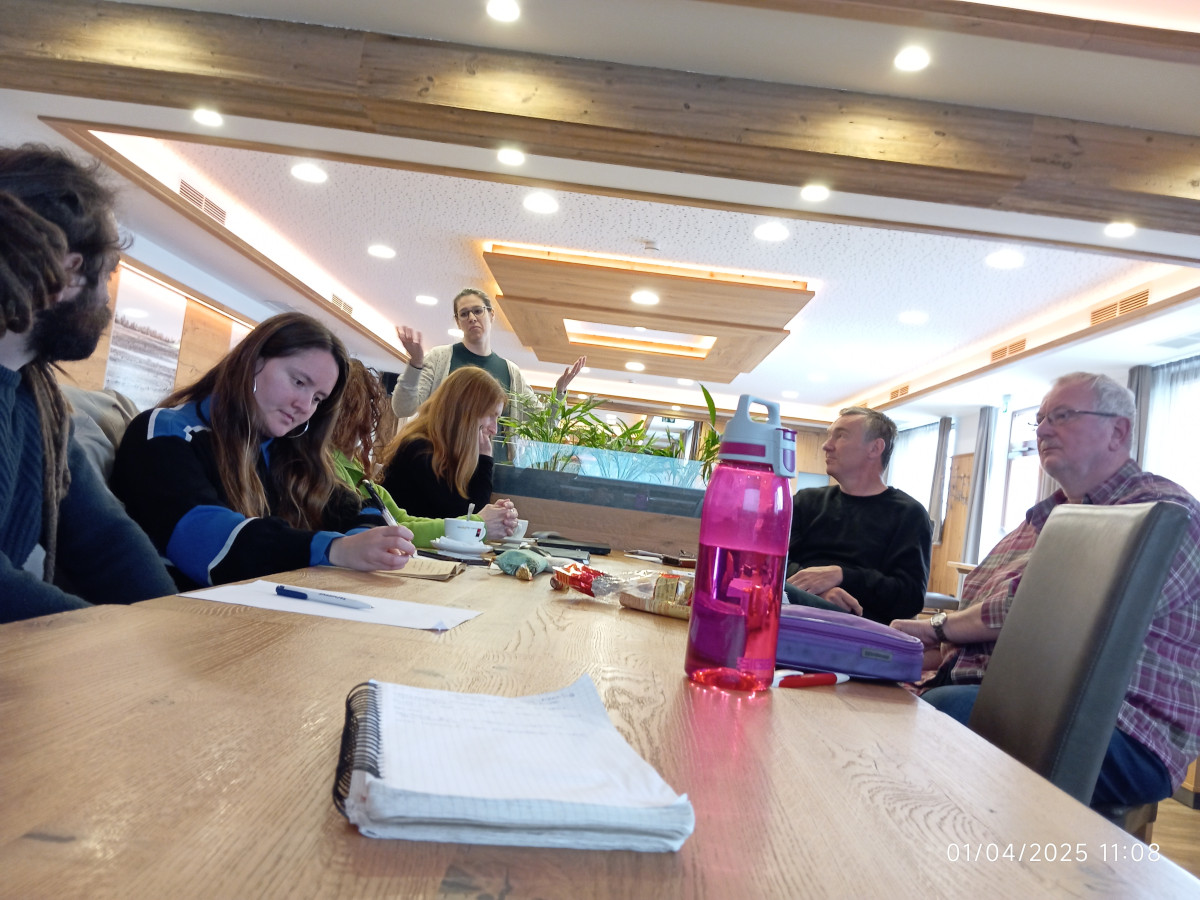
Fourth ProParts Meeting - St. Andrä, Austria
On 1-2 April 2025, the ProPartS partners met together for the second time in Austria (in the same place where the first kick-off Proparts meeting was held). The status of the project was reviewed, considering the work already done and the next steps. One of the main preliminary results is that the method used to analyze the genetics of the Chara canescens populations works: data are good; analysis can be made.
Project Funding


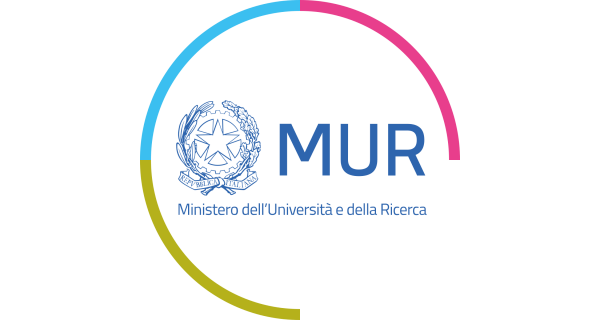



This research was funded by Biodiversa+, the European Biodiversity Partnership under the 2021-2022. BiodivProtect joint call for research proposals, co-funded by the European Commission (GA N°101052342) and with the funding organisations Deutsche Forschungsgemeinschaft e.V. (Germany), Agencia Estatal de Investigación, Fundación Biodiversidad (Spain), Ministry of Universities and Research (Italy), Österreichischer Wissenschaftsfonds FWF (Austria).
